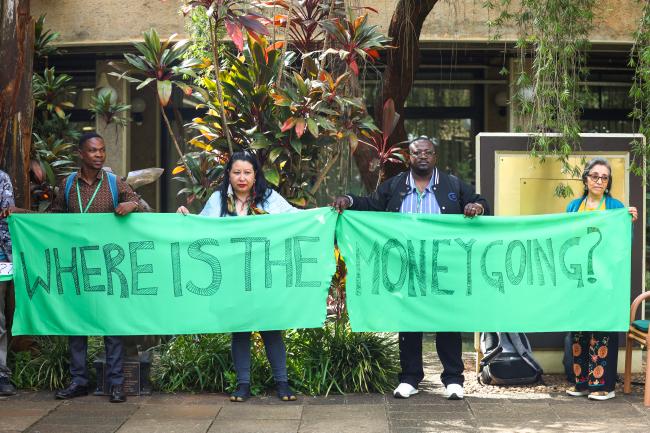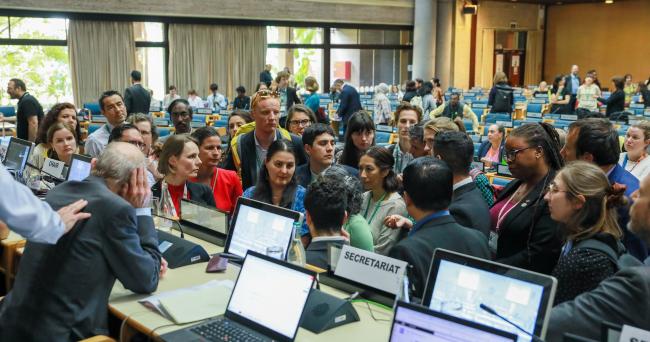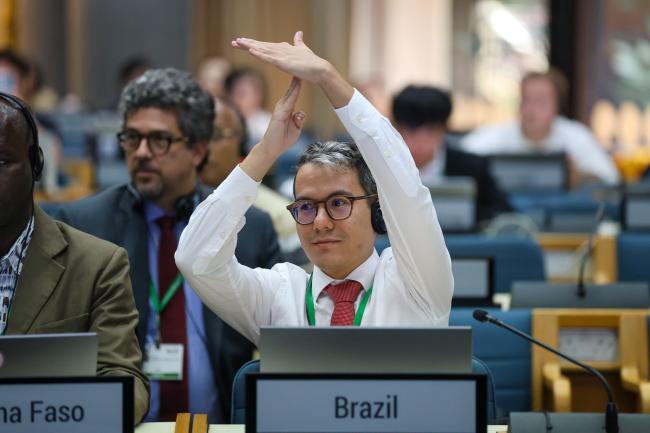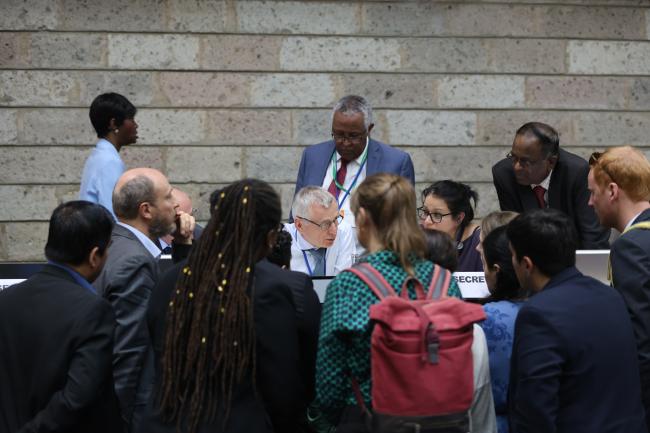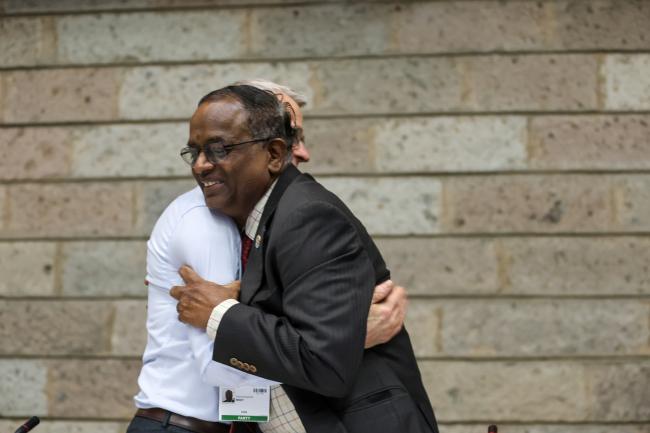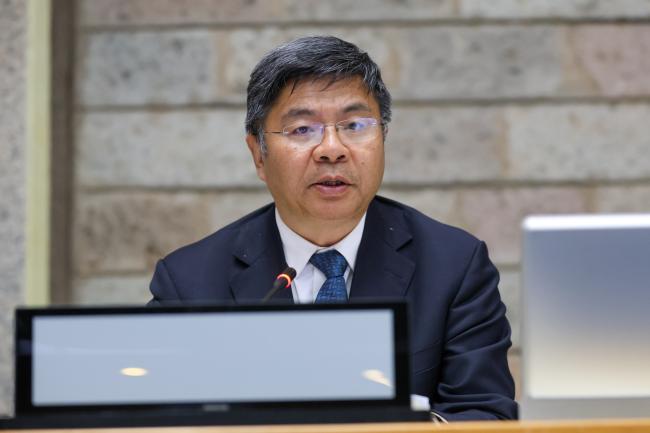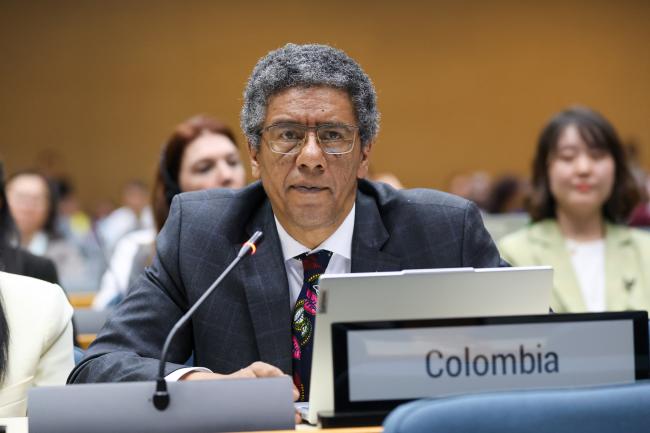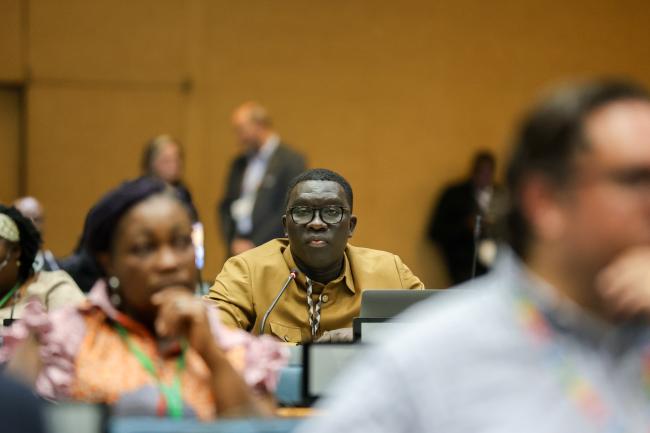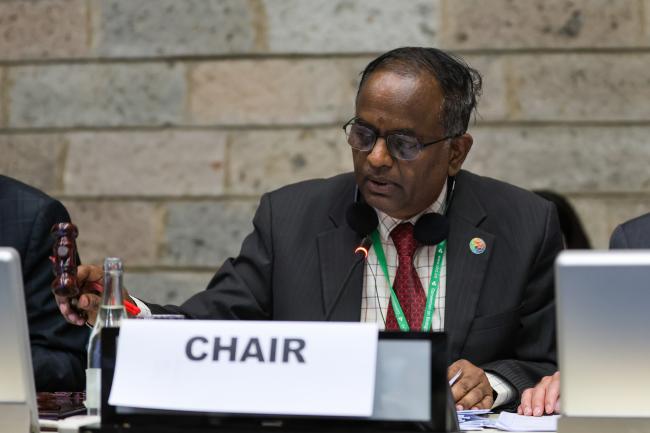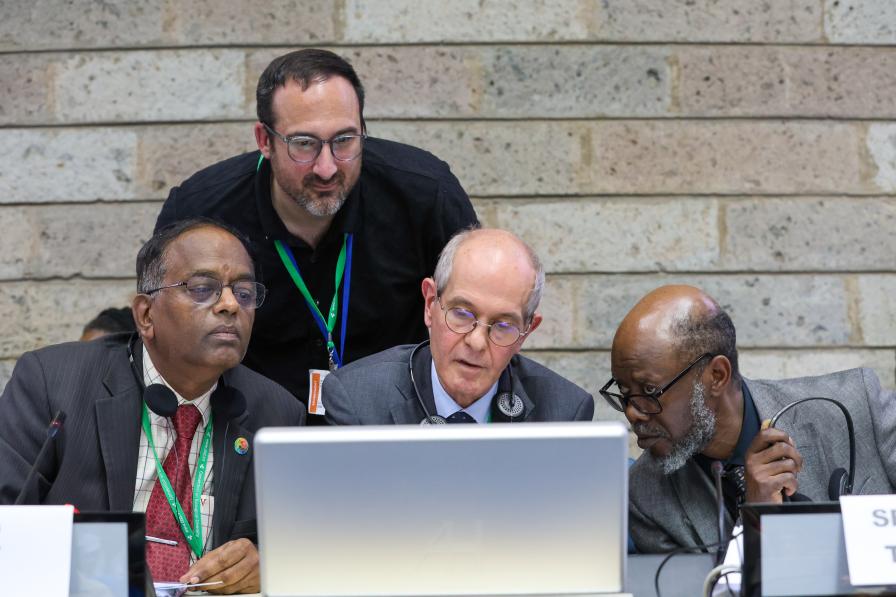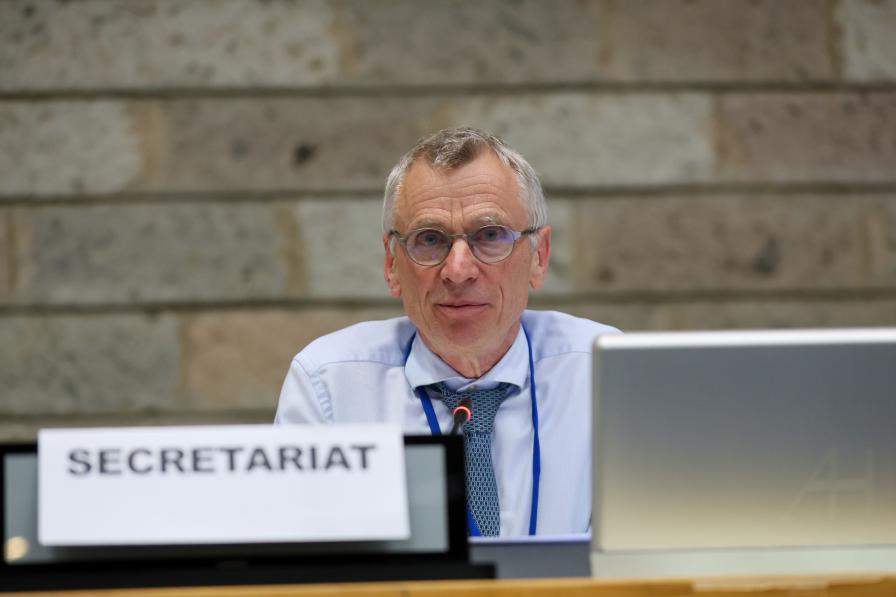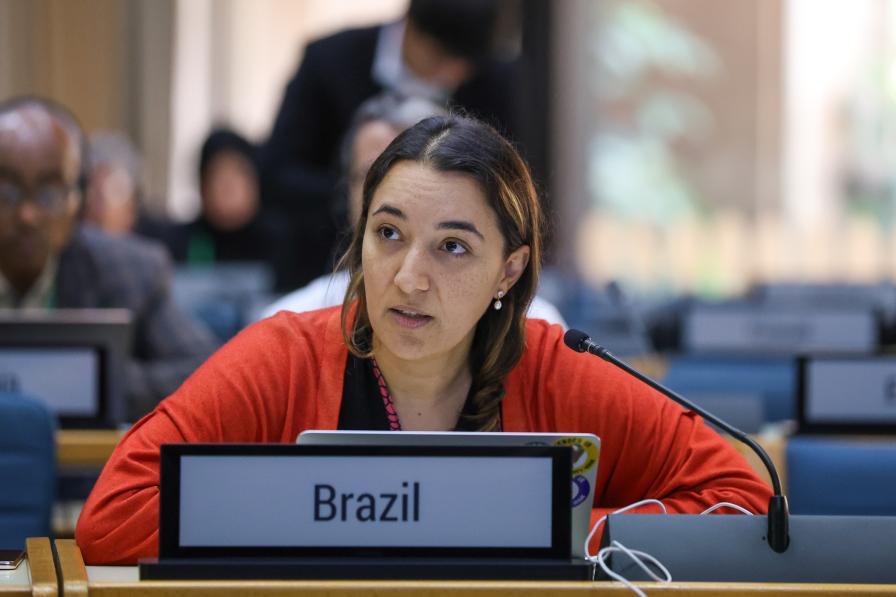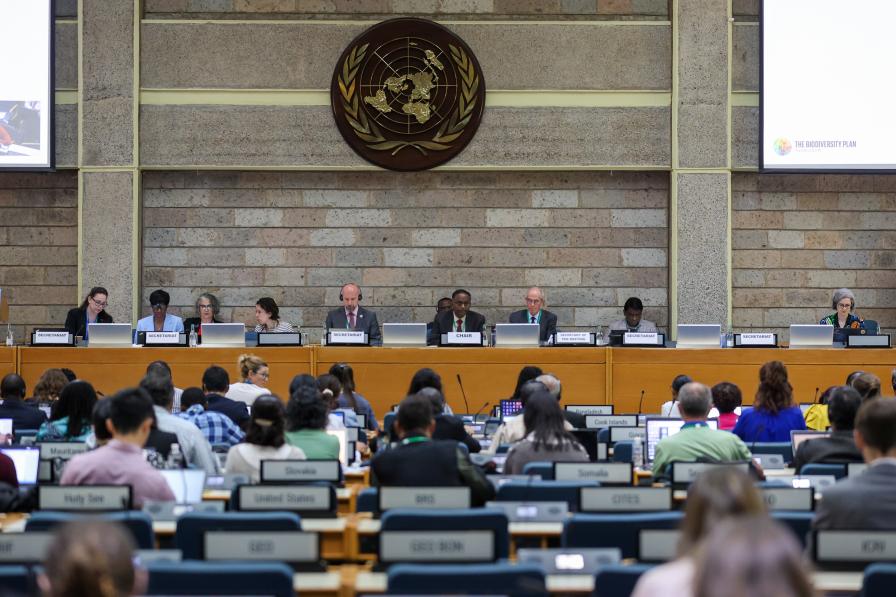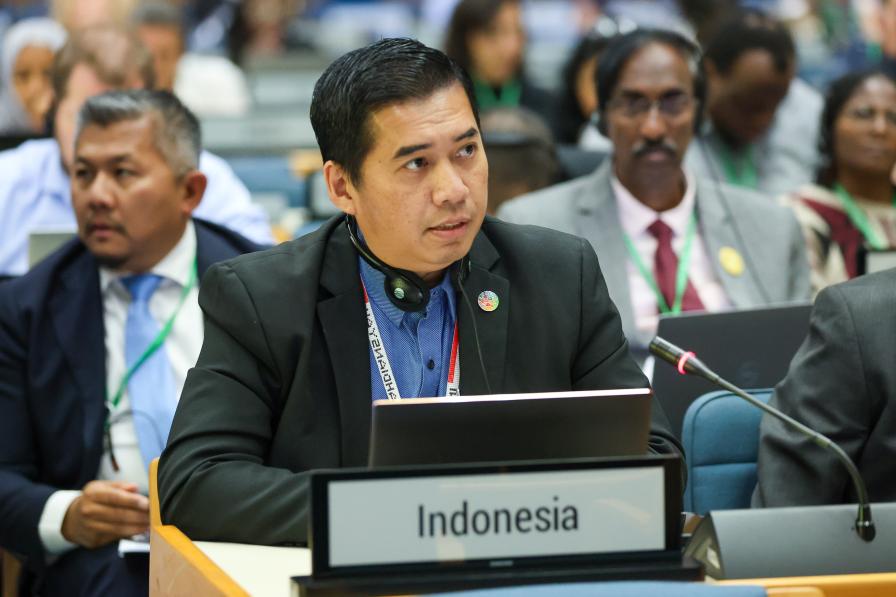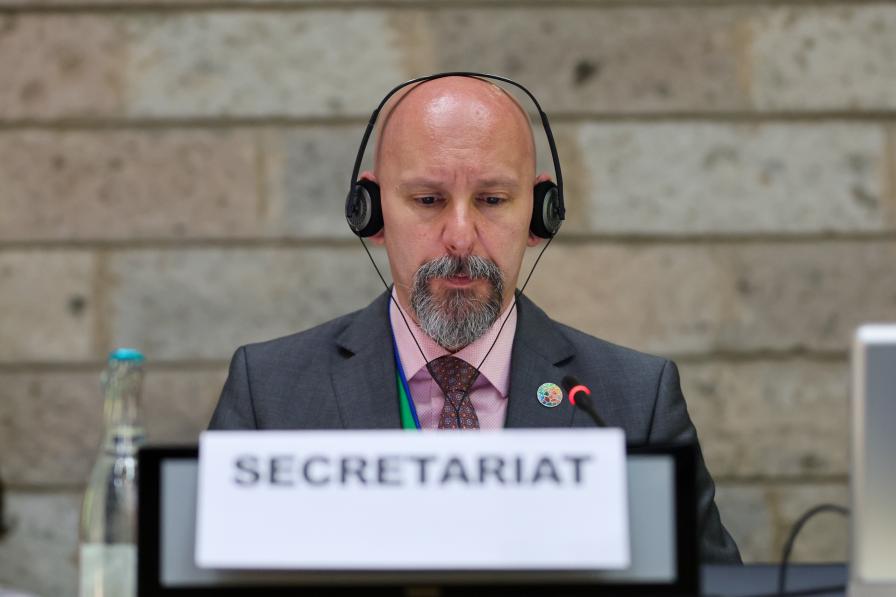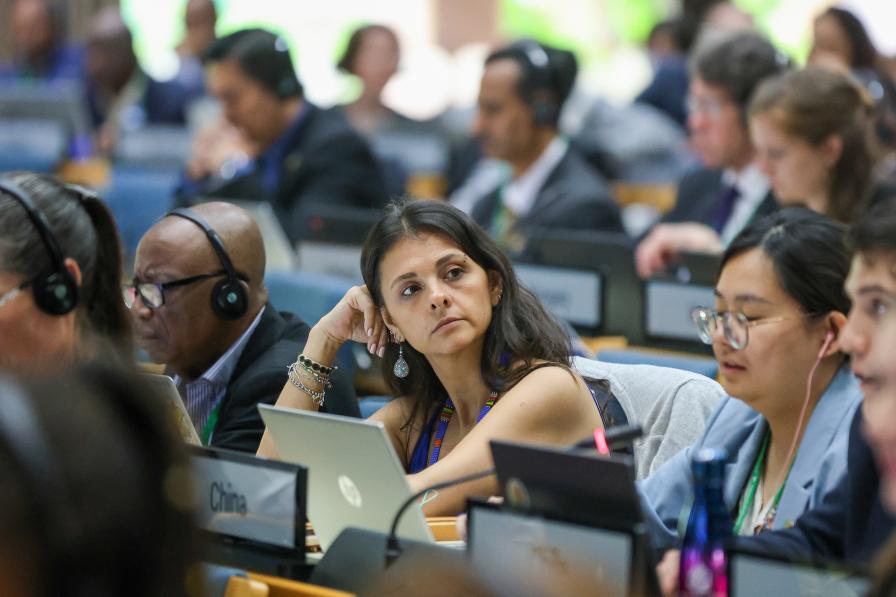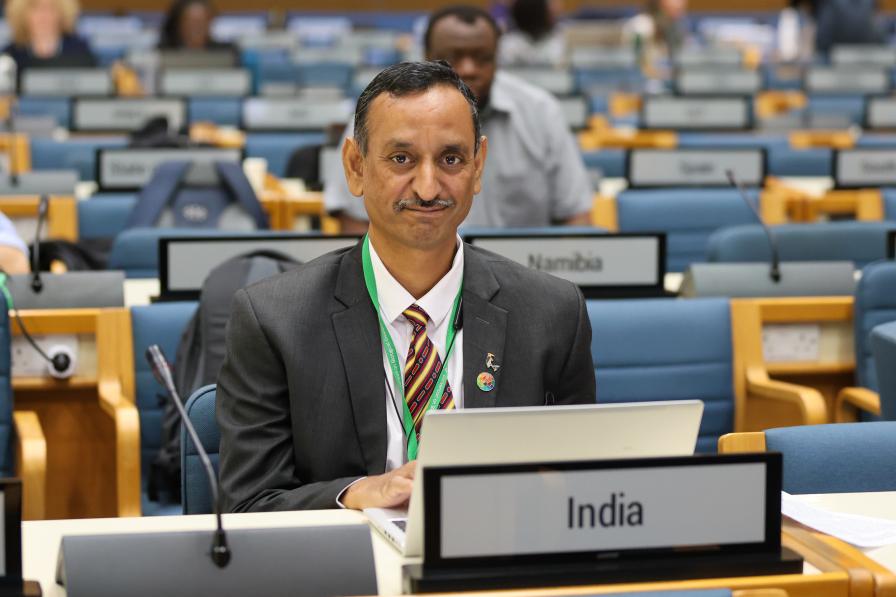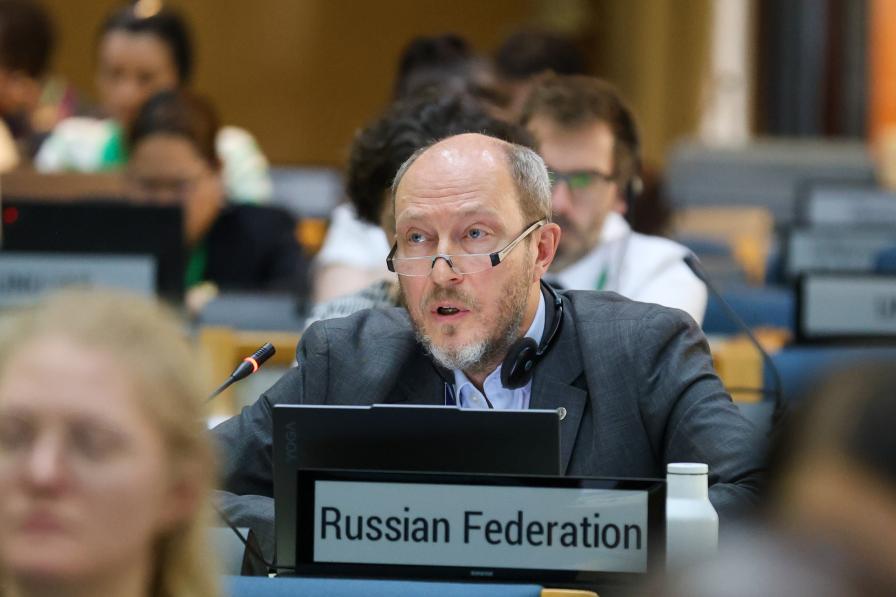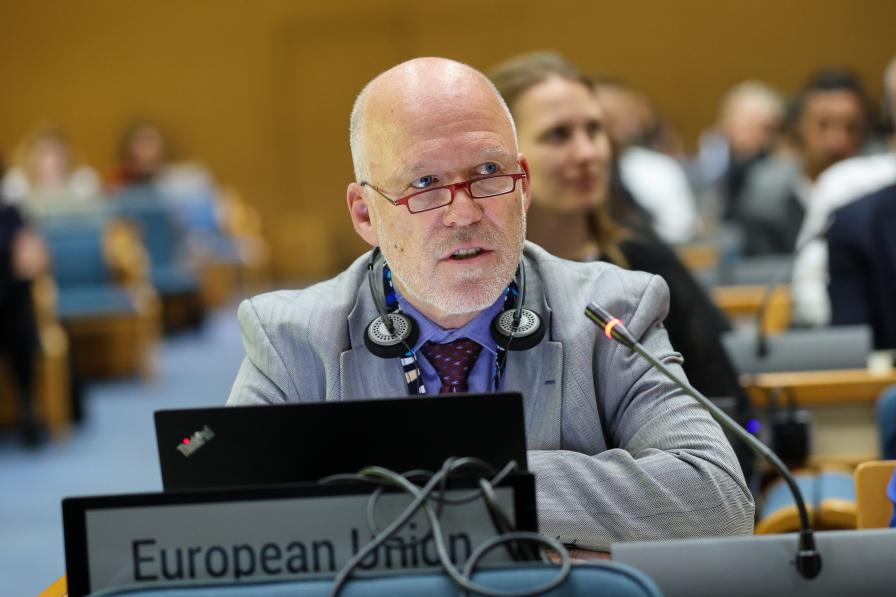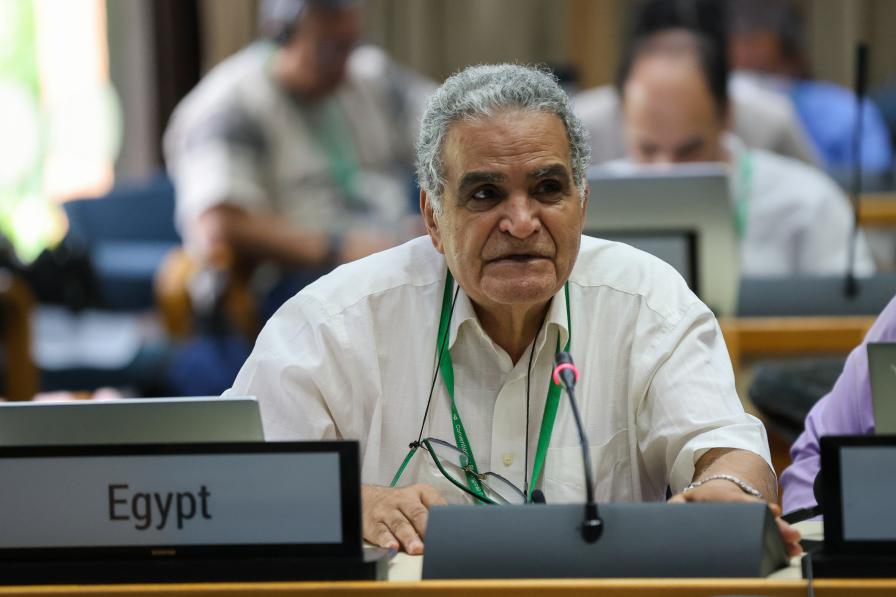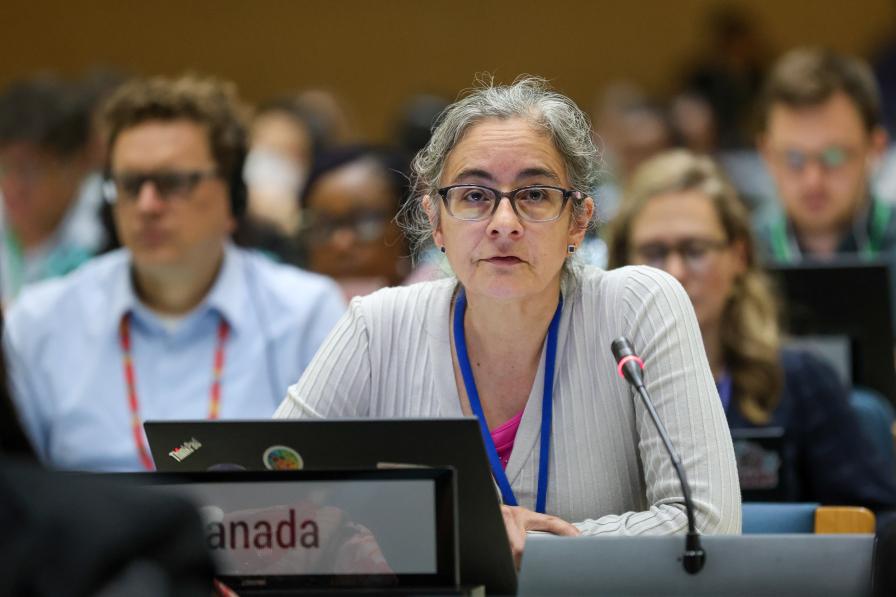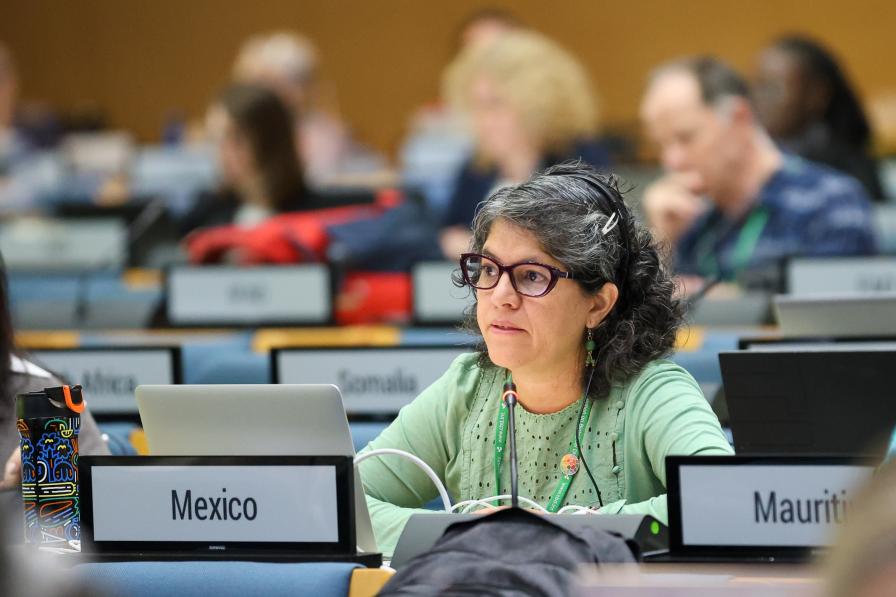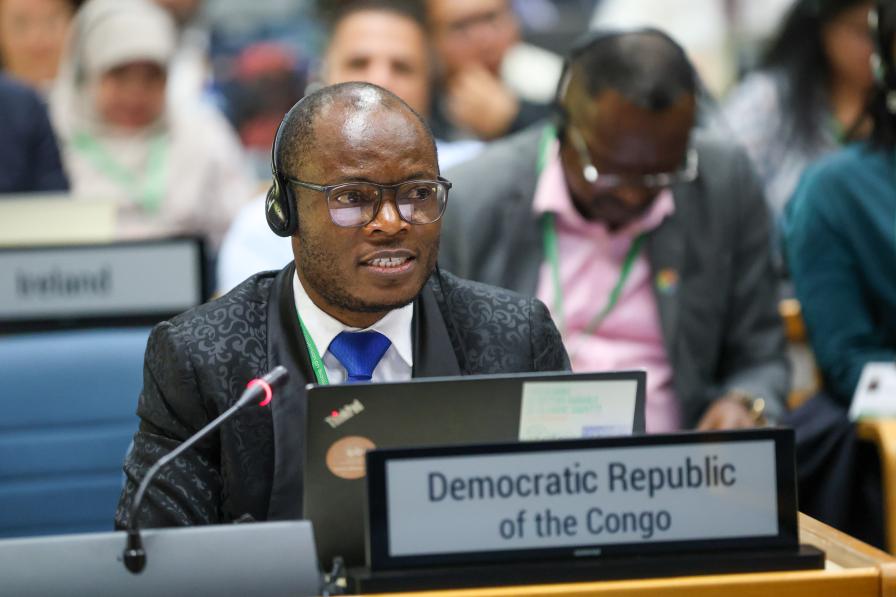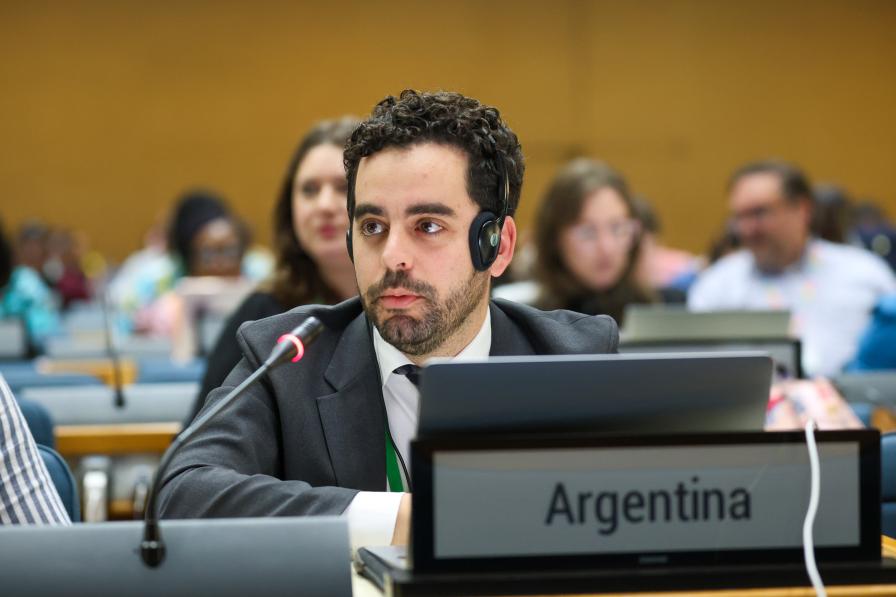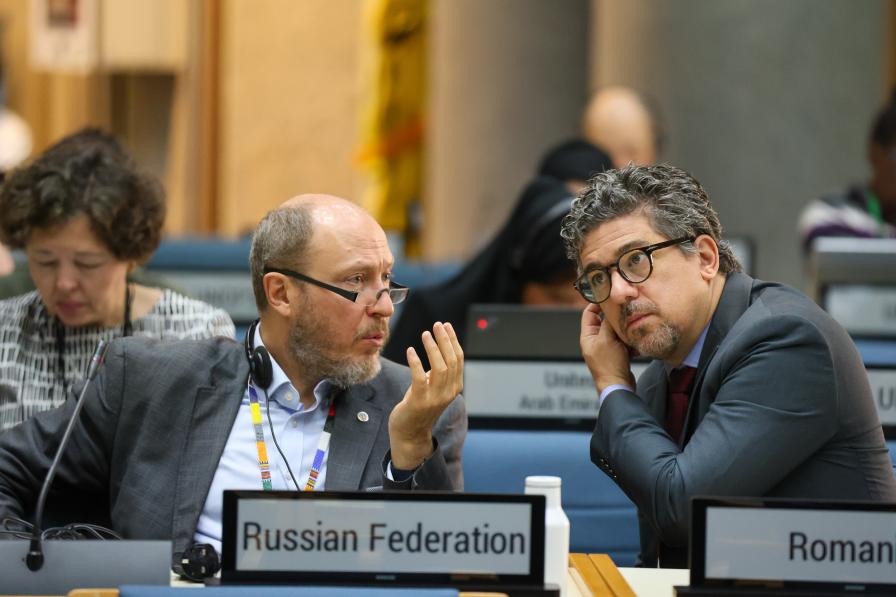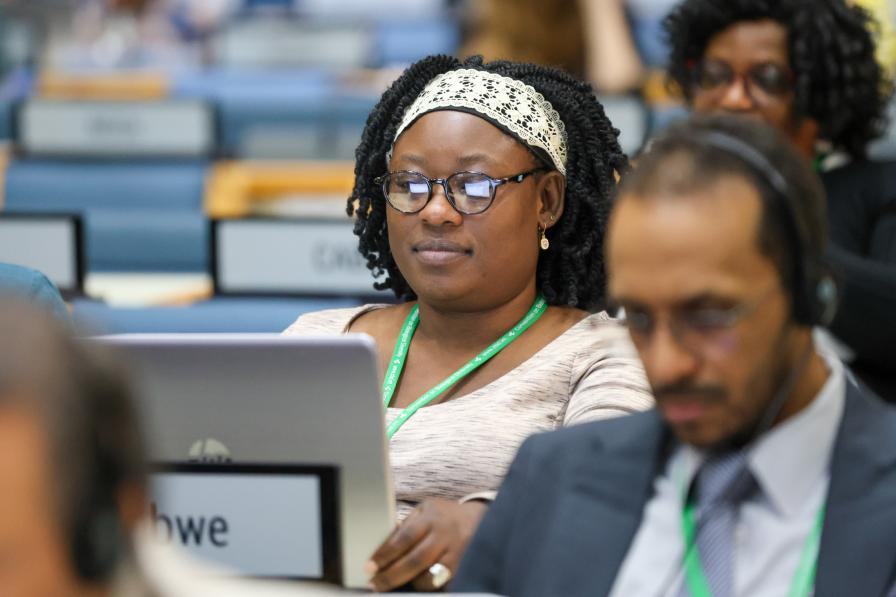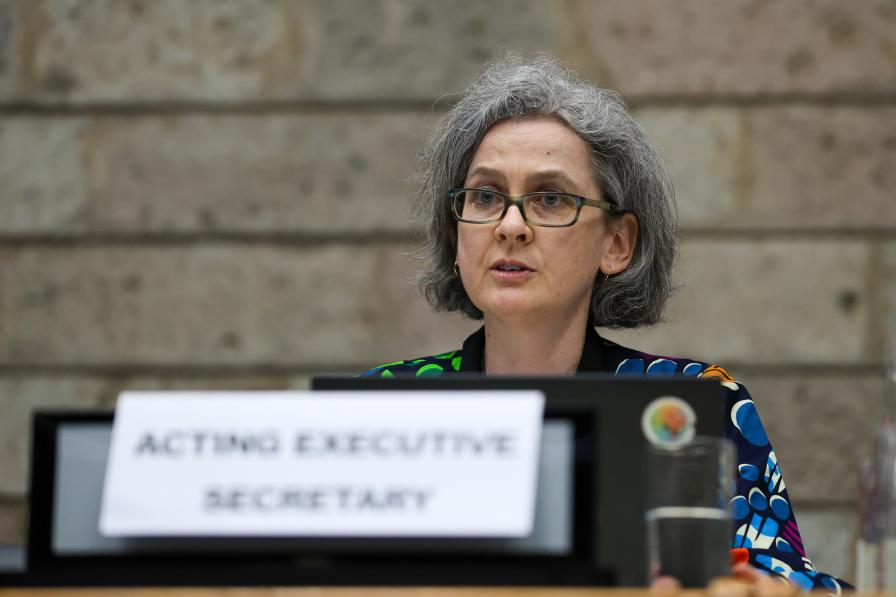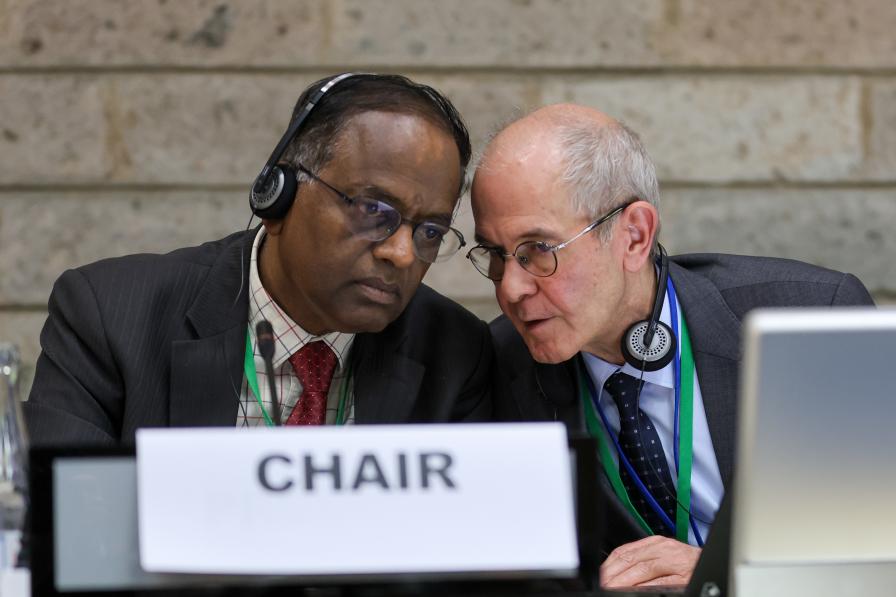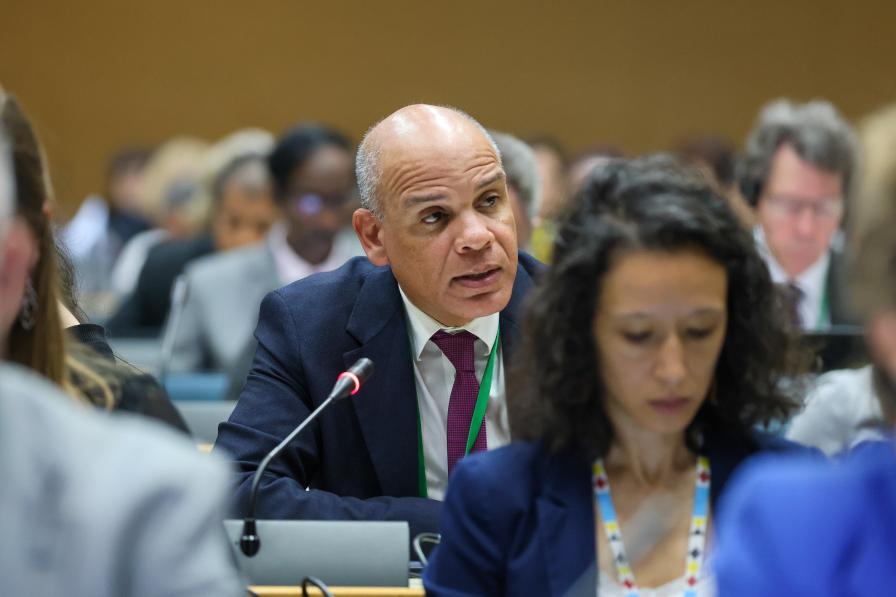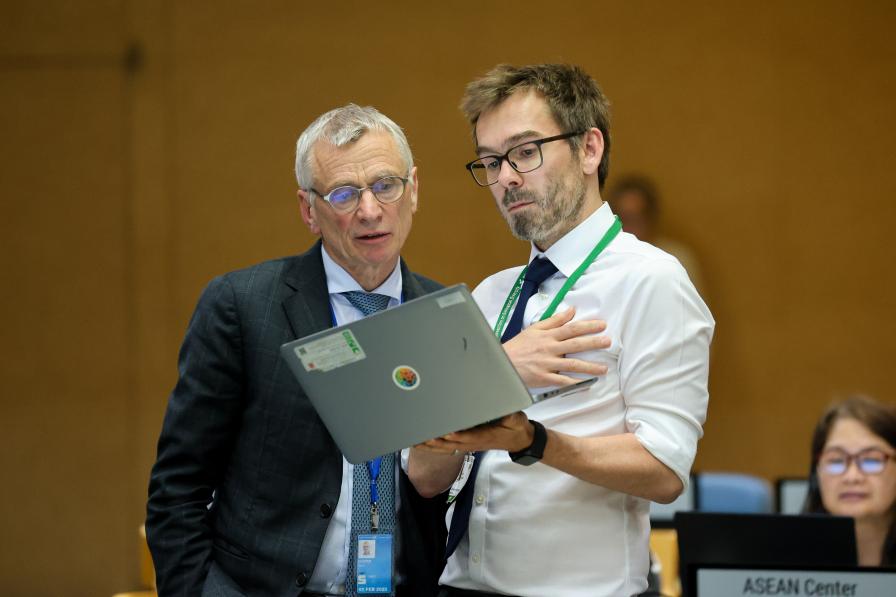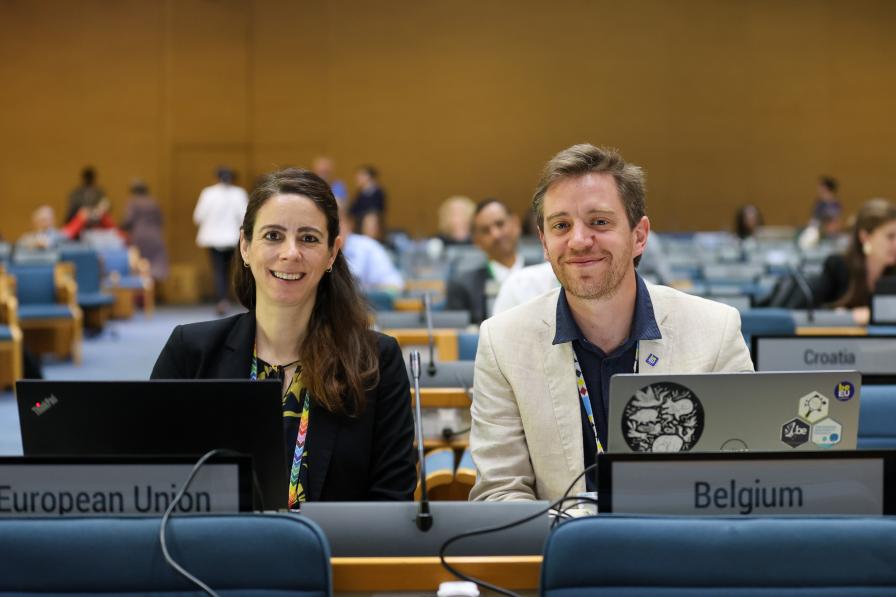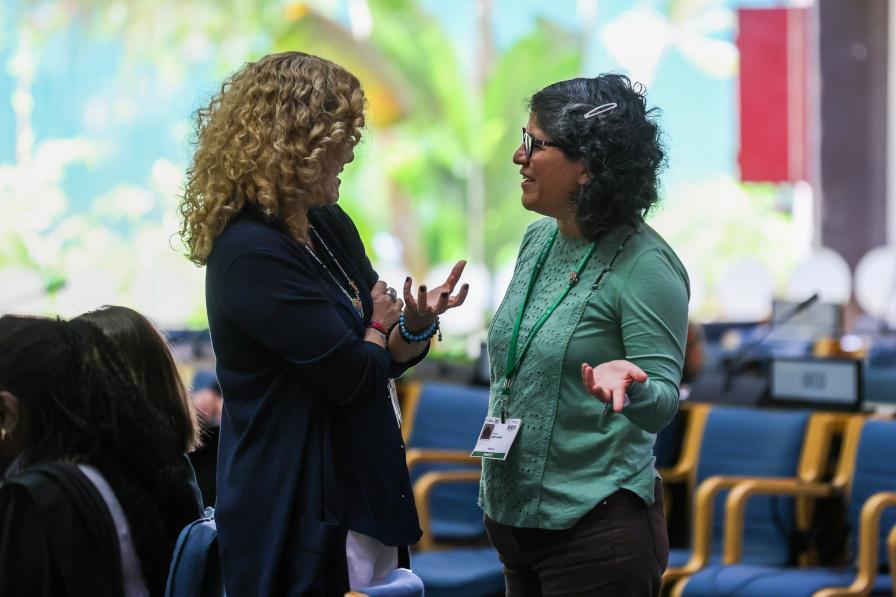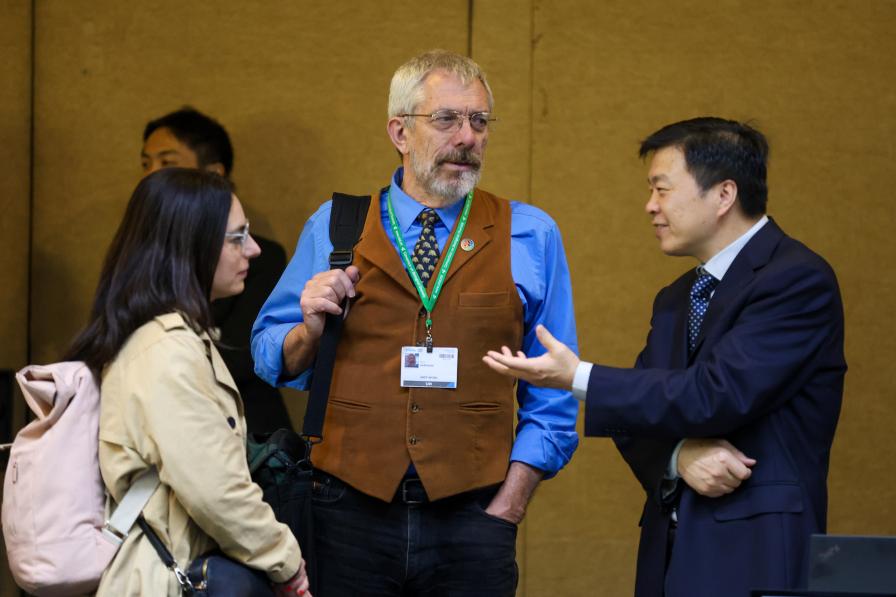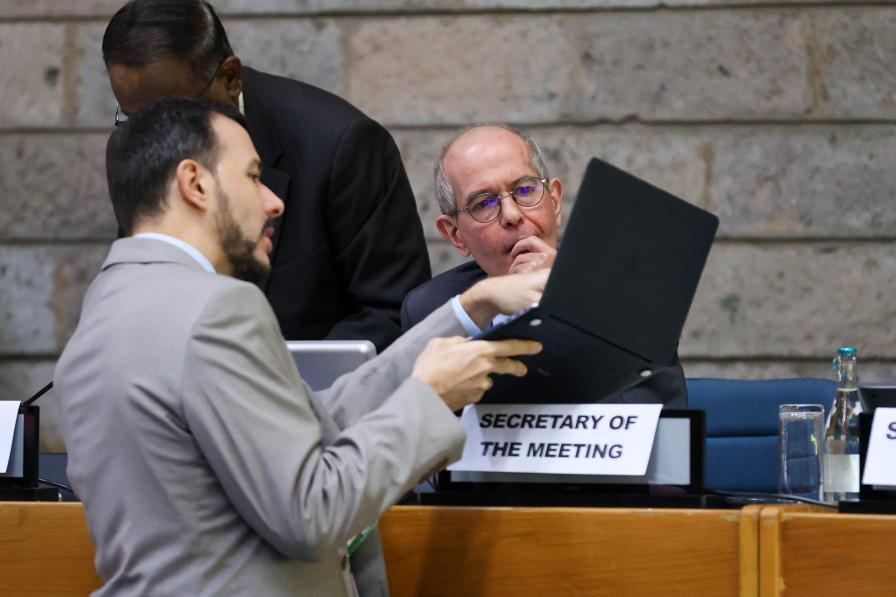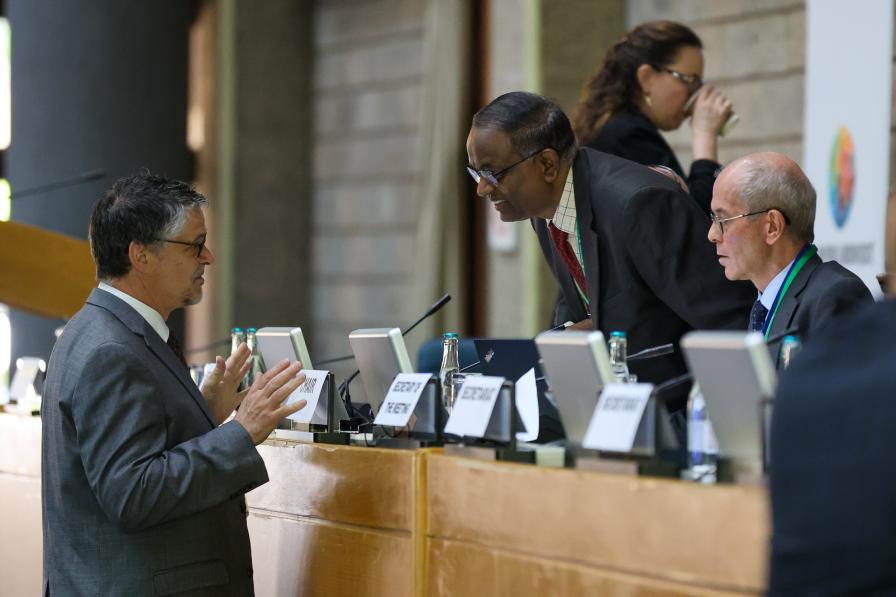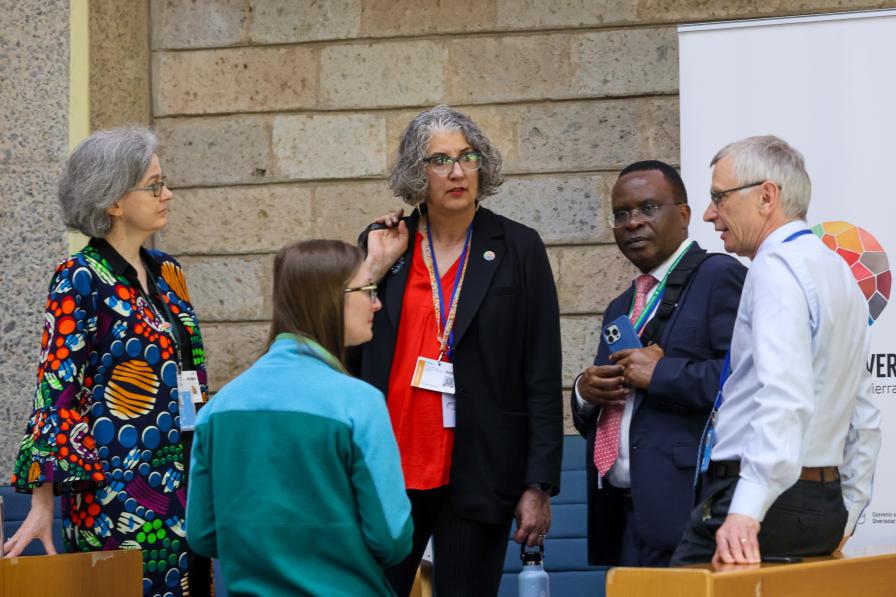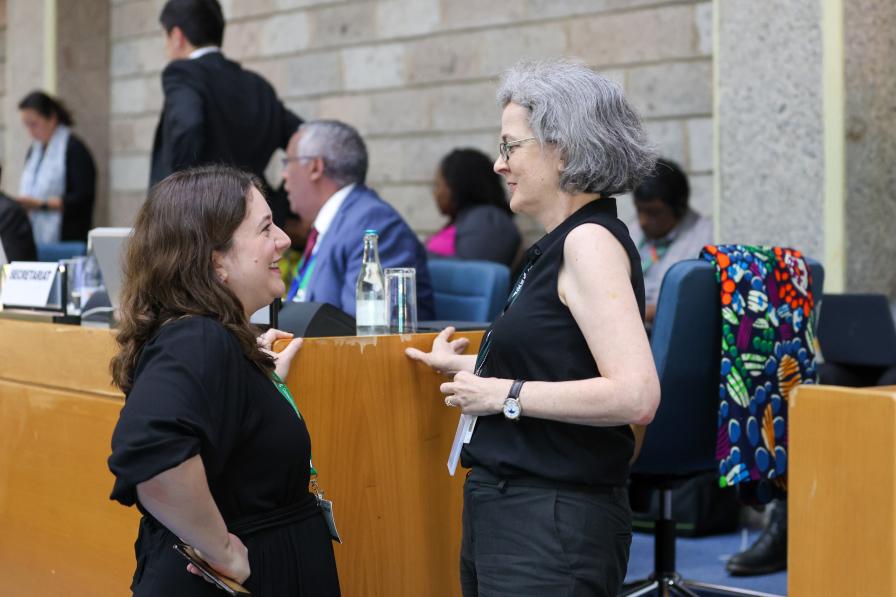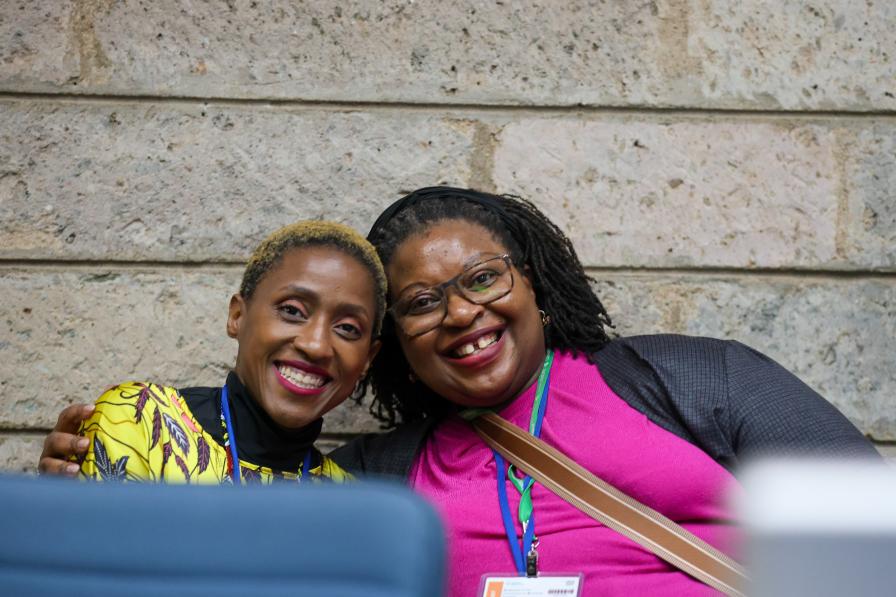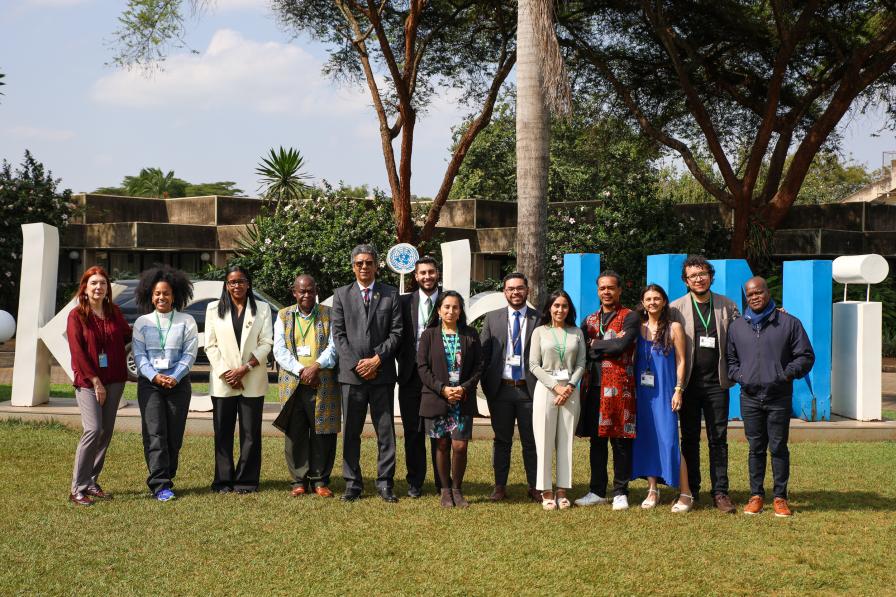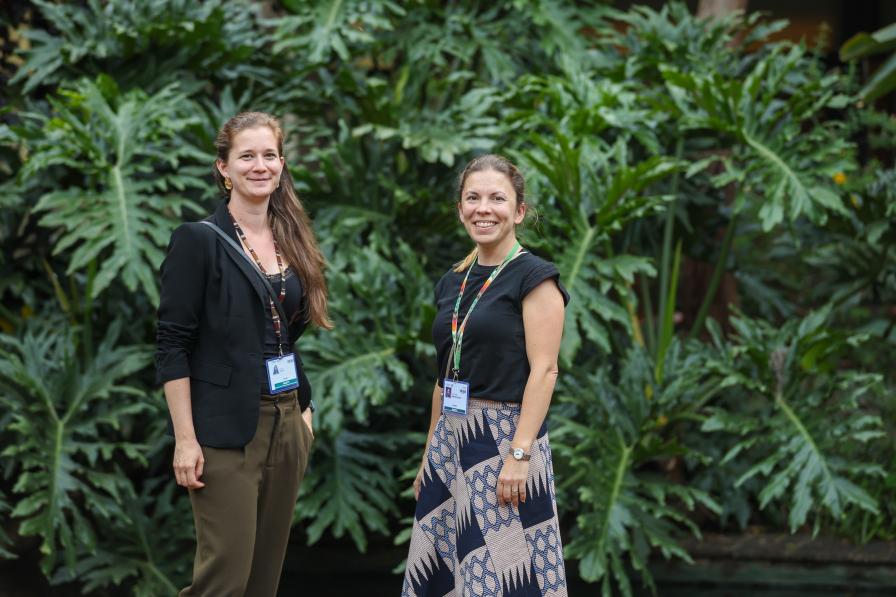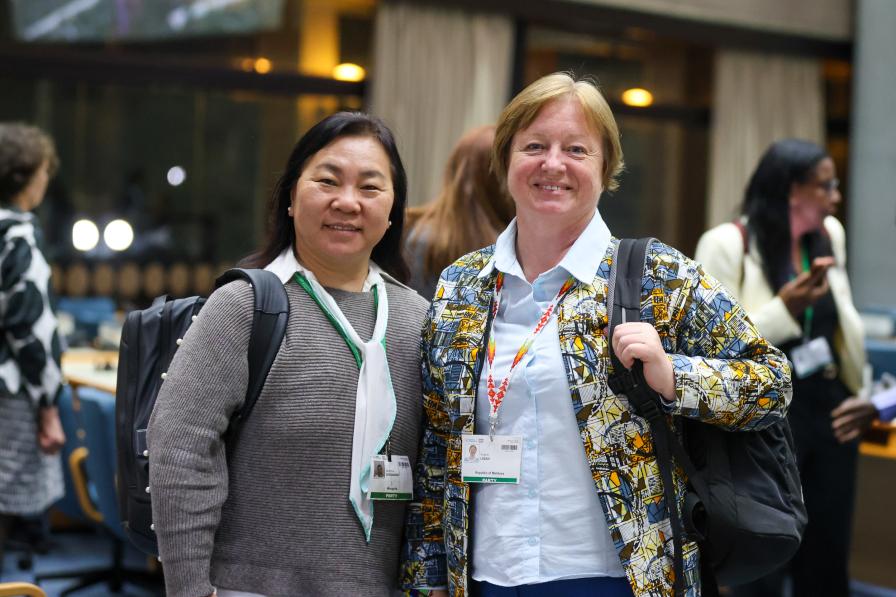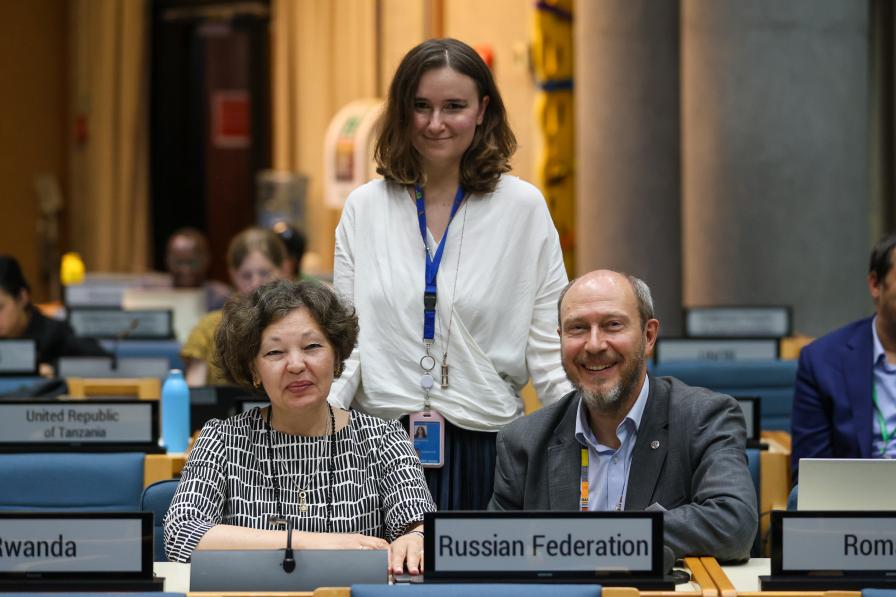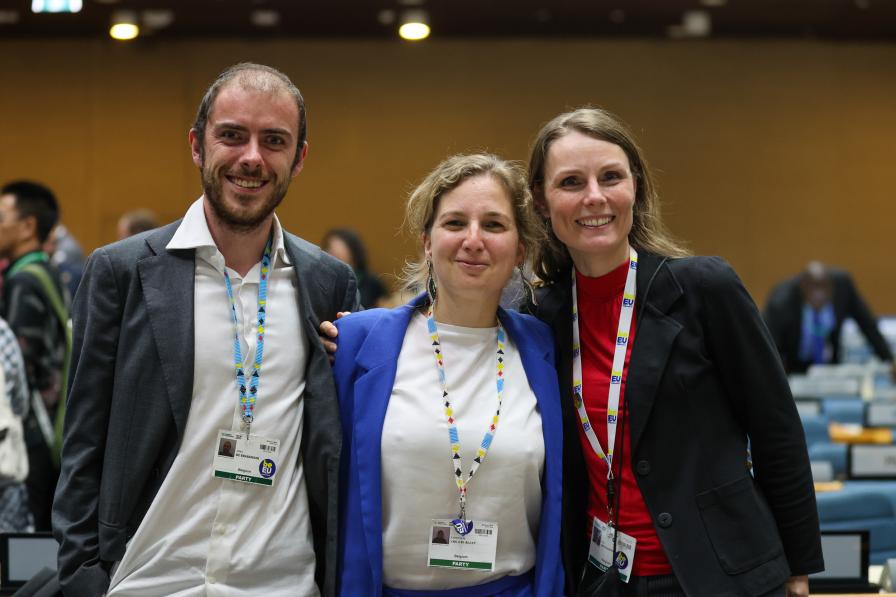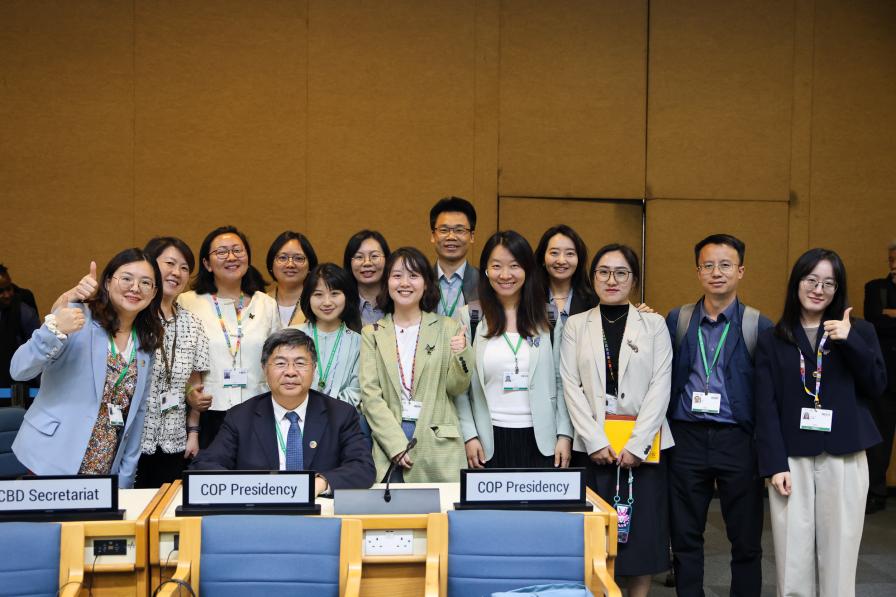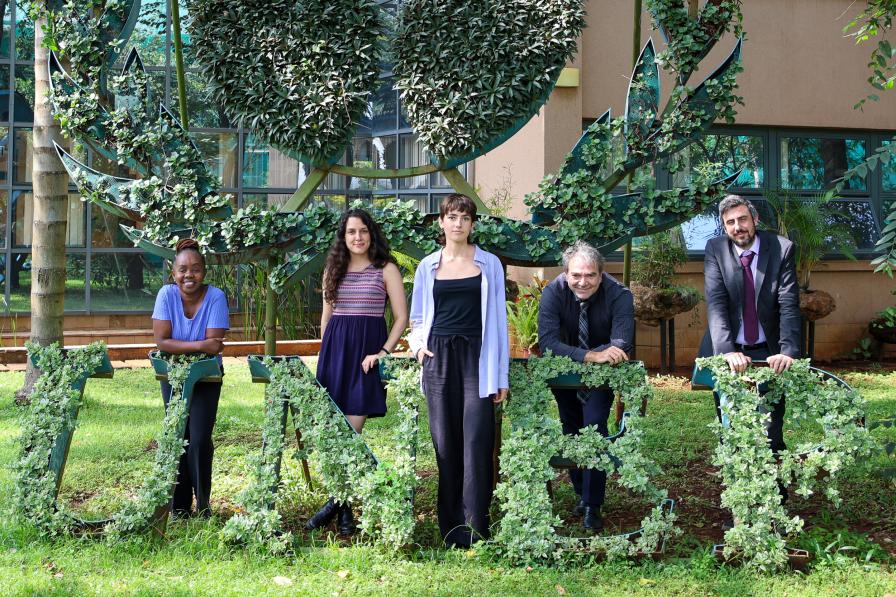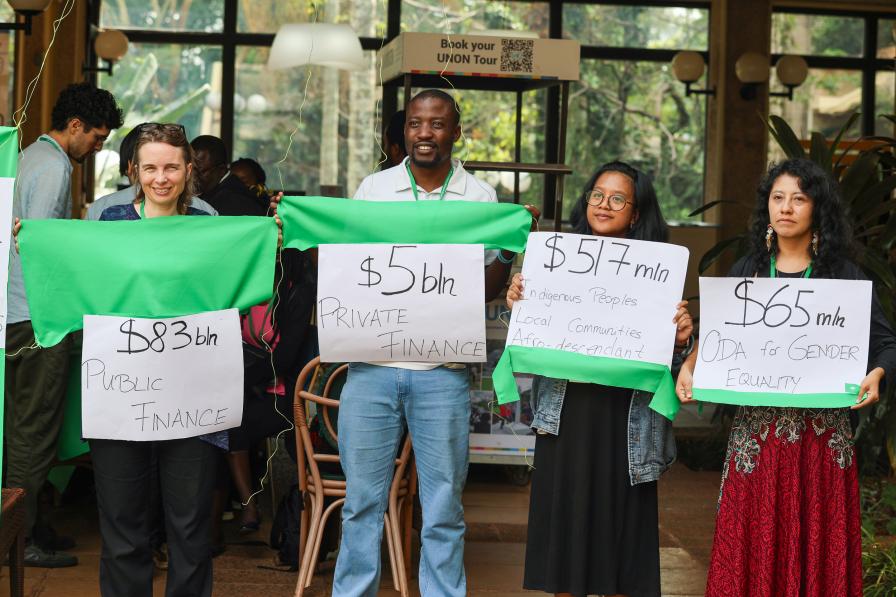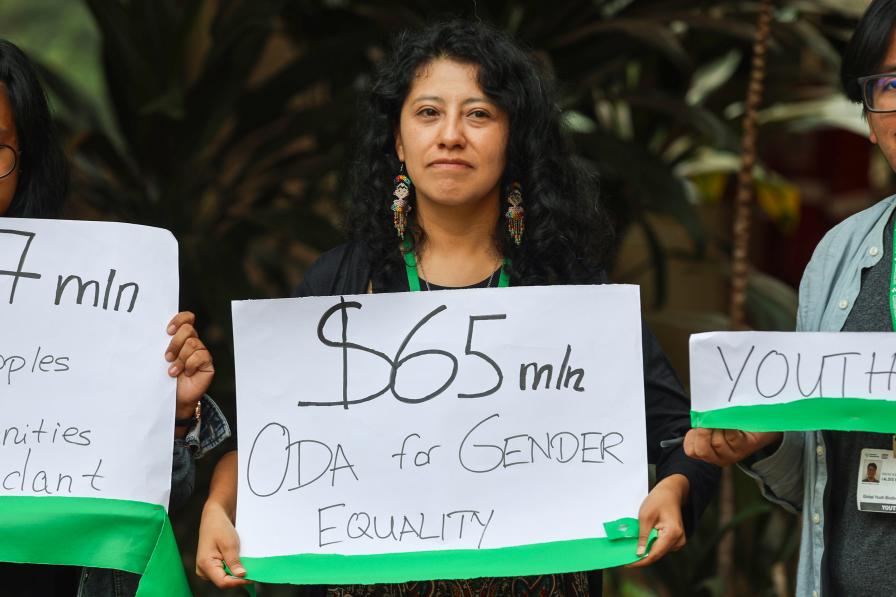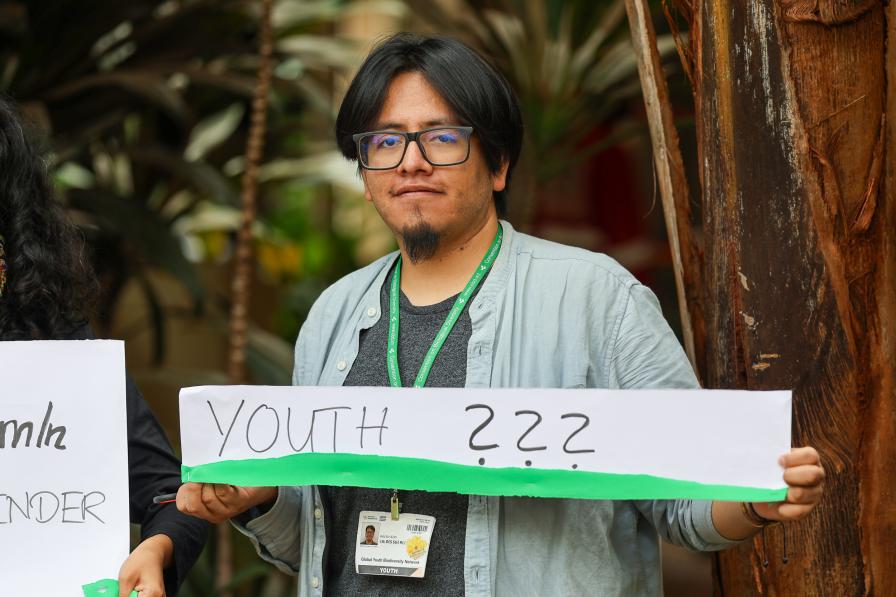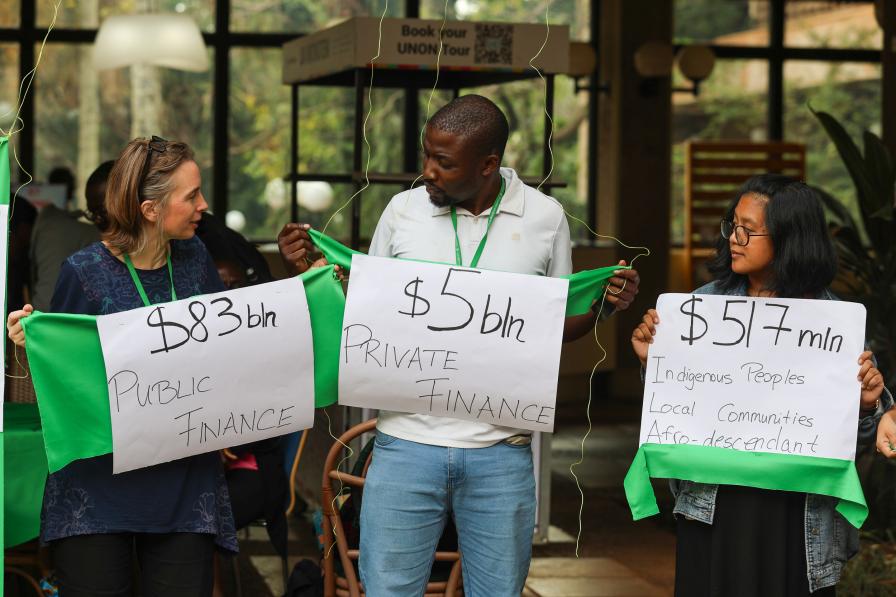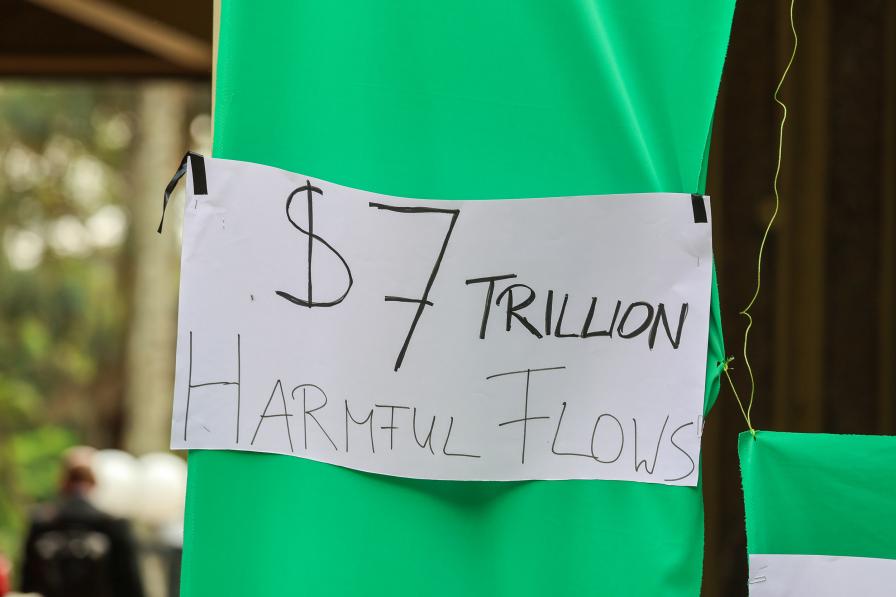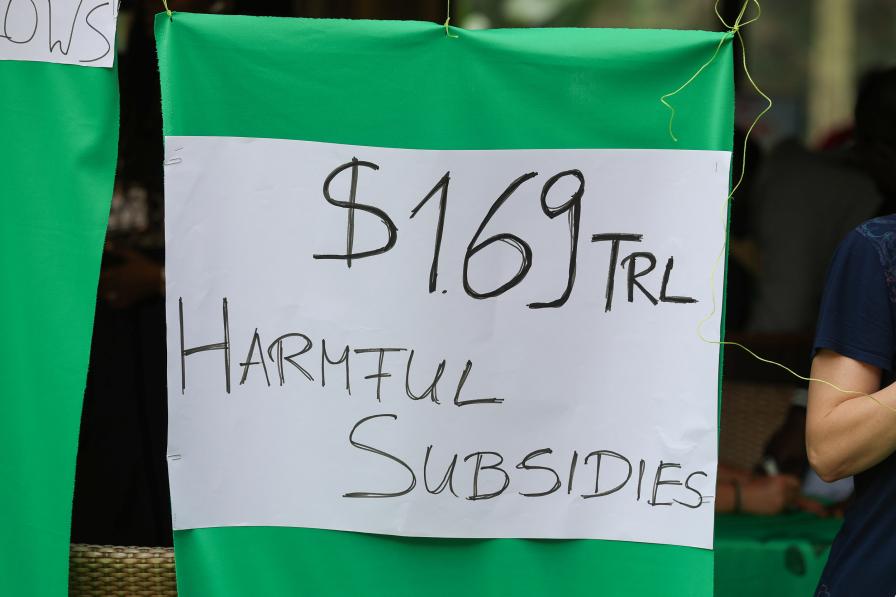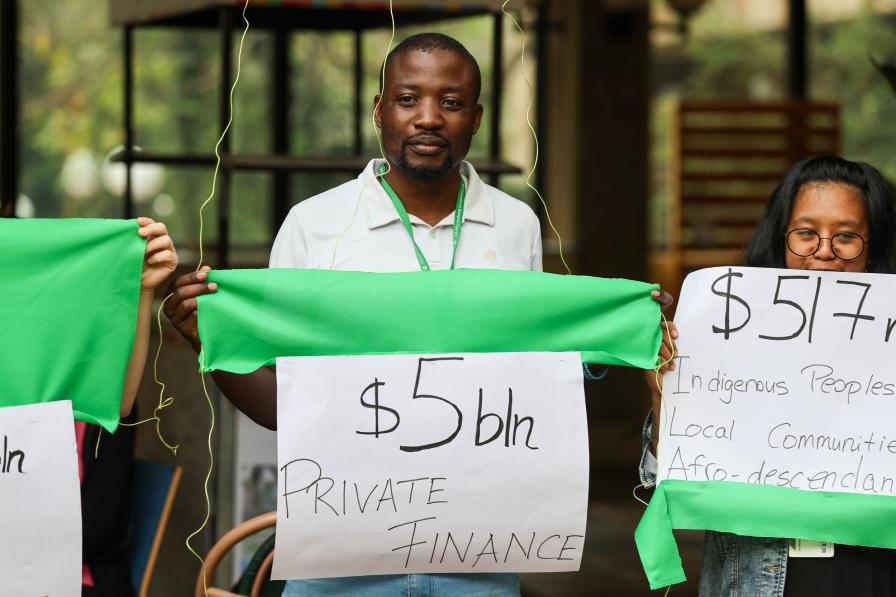On the last day of the fourth meeting of the Subsidiary Body on Implementation (SBI 4), delegates approved remaining conference room papers and adopted final recommendations on all items on the SBI agenda, namely:
- the financial mechanism;
- the draft capacity-building and development action plan for the Nagoya Protocol (NP);
- the Clearing-house Mechanism and knowledge management;
- communication, education, and public awareness;
- mechanisms for planning, monitoring, reporting, and review;
- capacity building and development, technical and scientific cooperation, and technology transfer;
- resource mobilization;
- review of implementation: progress in the preparation of revised or updated national biodiversity strategies and actions plans (NBSAPs) and the establishment of national targets;
- the long-term strategic approach to mainstreaming biodiversity;
- review of effectiveness of processes under the Convention and its Protocols;
- development of the methodology for the second assessment and review of the effectiveness of the NP;
- cooperation with other conventions and international organizations;
- the multi-year programme of work (MYPOW) of the Conference of the Parties (COP); and
- administrative and budgetary matters.
The final day’s deliberations were characterized by lengthy discussions and disagreements that led to numerous brackets in the final recommendations on certain agenda items, including but not limited to resource mobilization and biodiversity mainstreaming.
Moreover, time pressure did not allow in-depth consideration of some agenda items, resulting in fully bracketed recommendations being forwarded to COP 16, including on: cooperation with other organizations; the development of the methodology for the second assessment and review of the effectiveness of the NP; the MYPOW of the COP; and administrative and budgetary matters.
Many delegates expressed frustration at limited progress and stressed the need to improve efficiency in future meetings. All agreed that much work remains to be done at COP 16.
In closing statements, Acting Executive Secretary David Cooper recognized that SBI 4 was a tough meeting, and that while some progress was made, many recommendations still include brackets. He stressed that SBI 4’s agenda was very heavy and highlighted important progress on some areas, including on the monitoring framework for the Kunming-Montreal Global Biodiversity Framework (GBF), and technical and scientific cooperation. He underscored difficult discussions on resource mobilization, noting that they “increased mutual understanding.” He further highlighted the celebrations for the International Day for Biodiversity and work on the margins of SBI 4, including on the work programme for Article 8(j) and related provisions as well as on digital sequence information, stressing that they will help the Convention move forward.
Liu Ning, China, on behalf of COP 15 President Huang Runqiu, Minister of Ecology and Environment, China, highlighted work on NBSAPs, capacity building, resource mobilization, and the financial mechanism, stressing that they are important steps towards COP 16 and GBF implementation. He emphasized that the GBF provides “a blueprint for global biodiversity governance,” underscoring the need to maximize synergies towards biodiversity conservation.
Pedro León Cortés Ruíz, Ambassador of the Republic of Colombia to Kenya, offered a warm welcome to all ahead of COP 16, to be held in Cali, Colombia, in October-November this year. He invited delegates to help make COP 16 “the COP of the people, for the people,” and to show that “as humanity, we can reconcile with one another and with nature.”
Senegal, for the African Group, reflected on the intense weeks of meetings and emphasized certain key steps for the road ahead, including the importance of resource mobilization and resource provision for the NBSAP process; and of upholding the principles of transparency and inclusivity within Convention processes. He expressed his commitment to continue close collaborations looking ahead to COP 16.
The International Indigenous Forum on Biodiversity called on parties to respect the rights of Indigenous Peoples and local communities, and reaffirmed that access to traditional knowledge must be based on the respect of free, prior, and informed consent. She highlighted the need for whole-of-society and human rights-based approaches in the implementation of the GBF “from the local to the global levels,” and called for an inclusive approach on resource mobilization, including direct access to financial resources for all sociocultural regions and ecosystems.
Chair Chirra Achalender Reddy (India) highlighted progress on many agenda items, stressing that SBI 4’s outcomes lay the foundations for a successful meeting at COP 16, urging to “move from commitment to action.” He gaveled the meeting to a close at 10:19 pm.
To receive free coverage of global environmental events delivered to your inbox, subscribe to the ENB Update newsletter.
All ENB photos are free to use with attribution. For CBD SBSTTA 26 and SBI 4, please use: Photo by IISD/ENB Mike Muzurakis.

